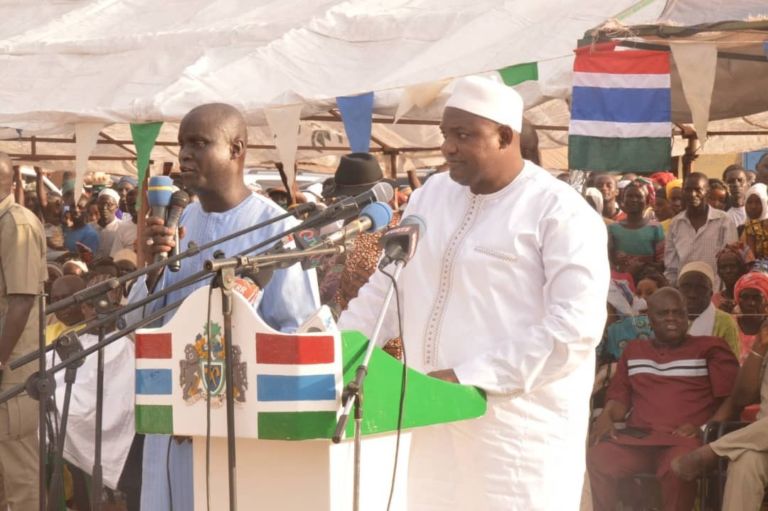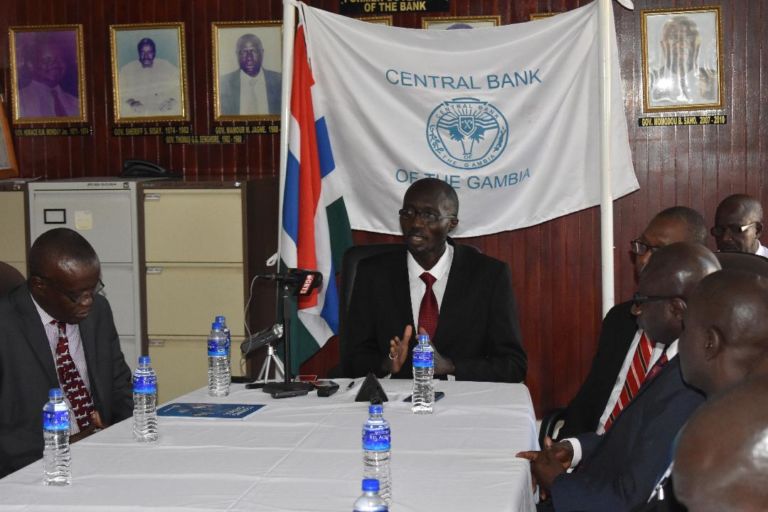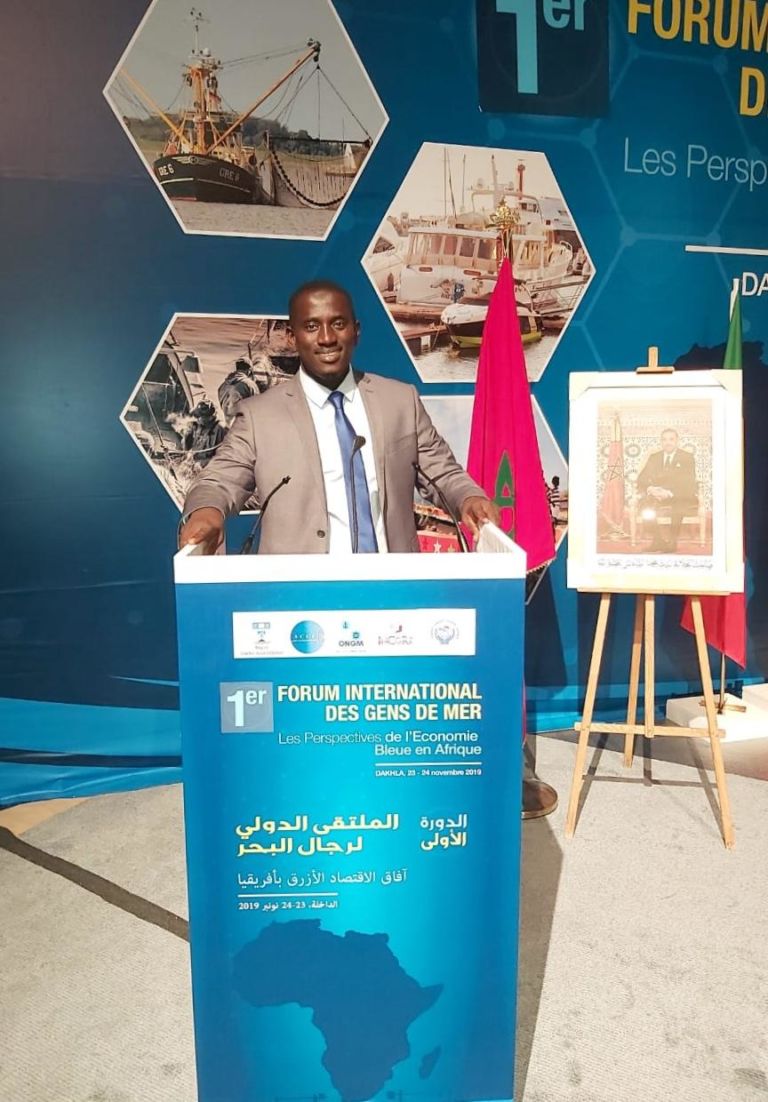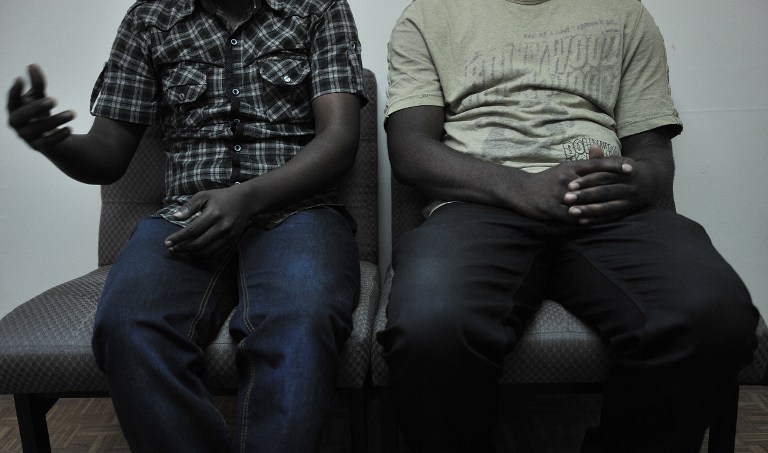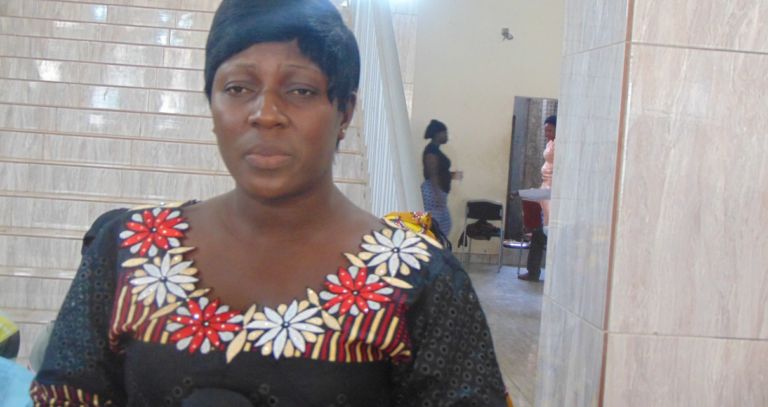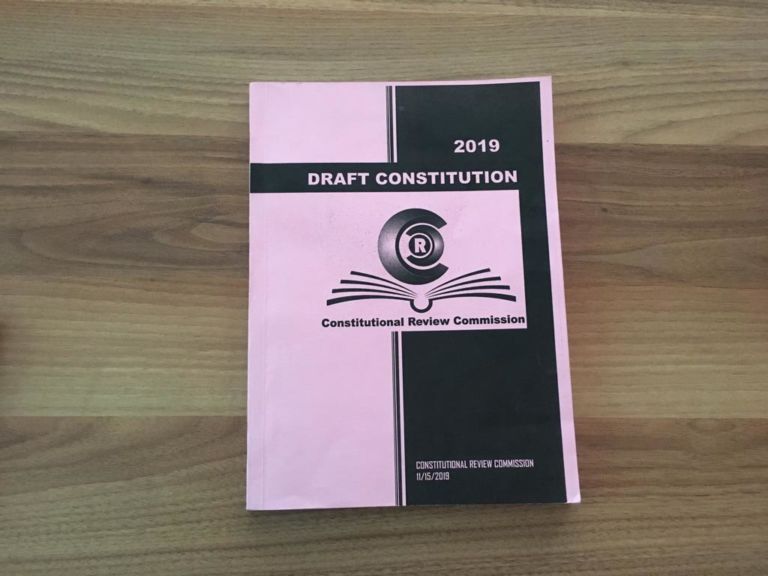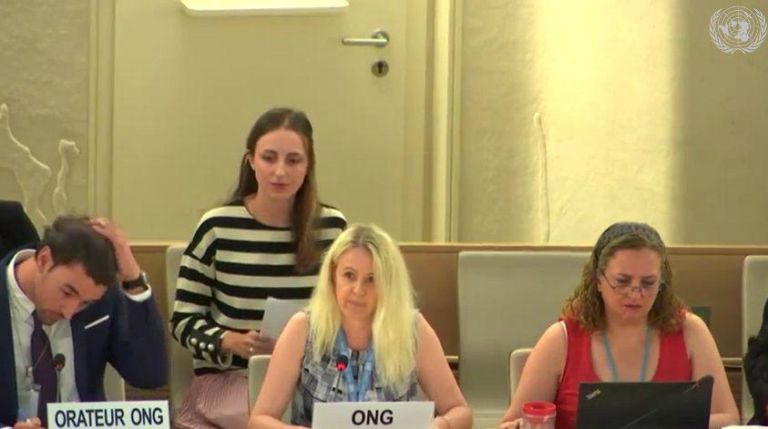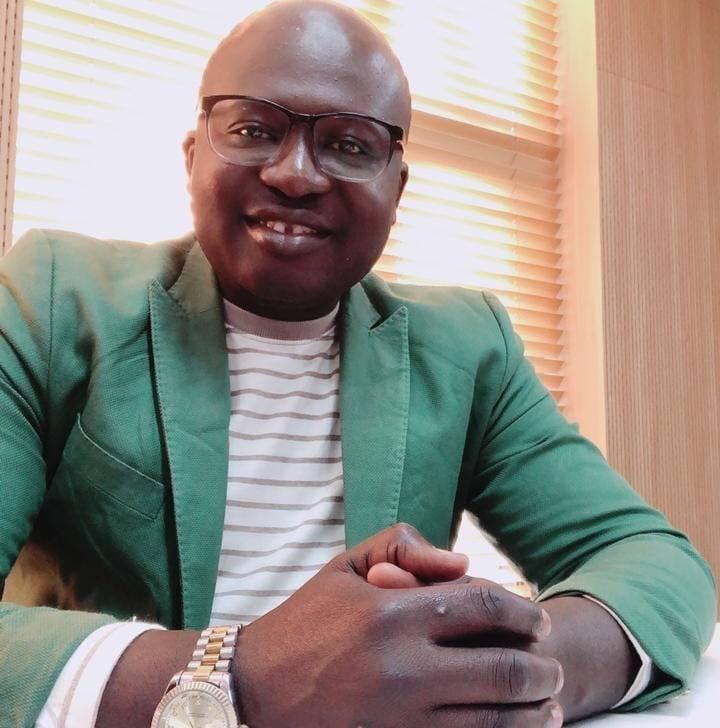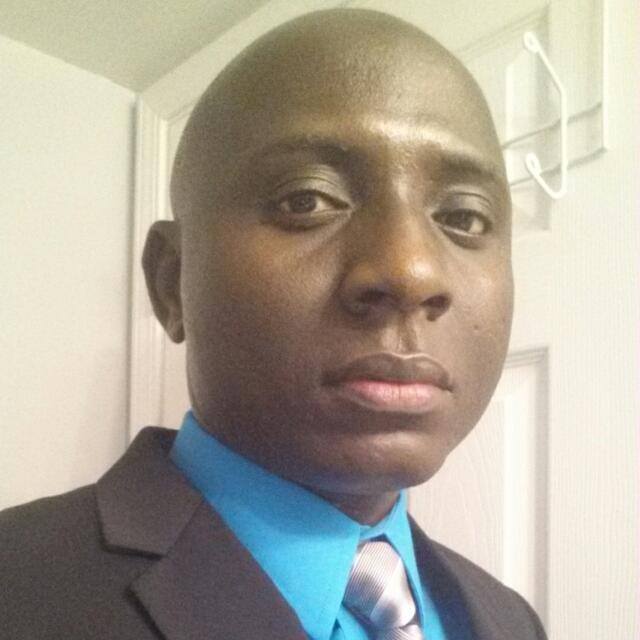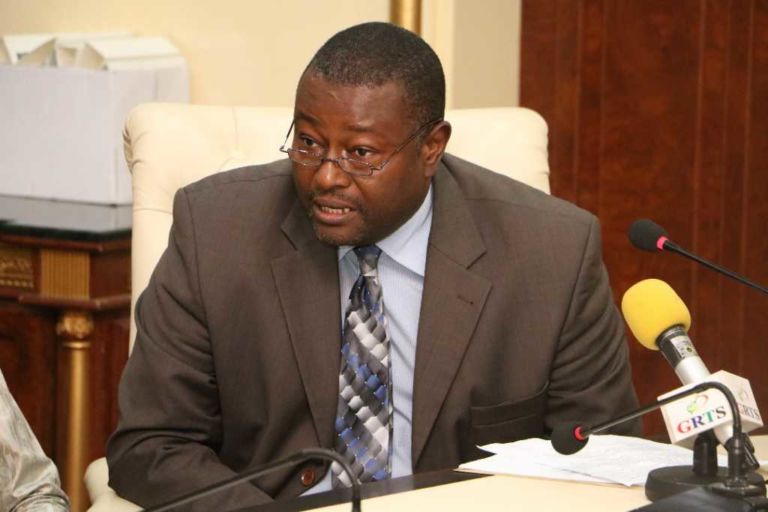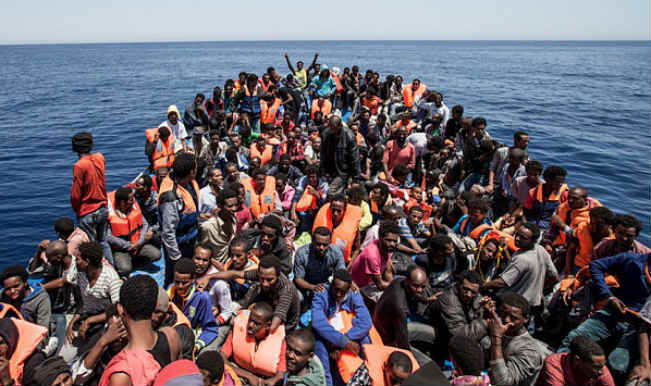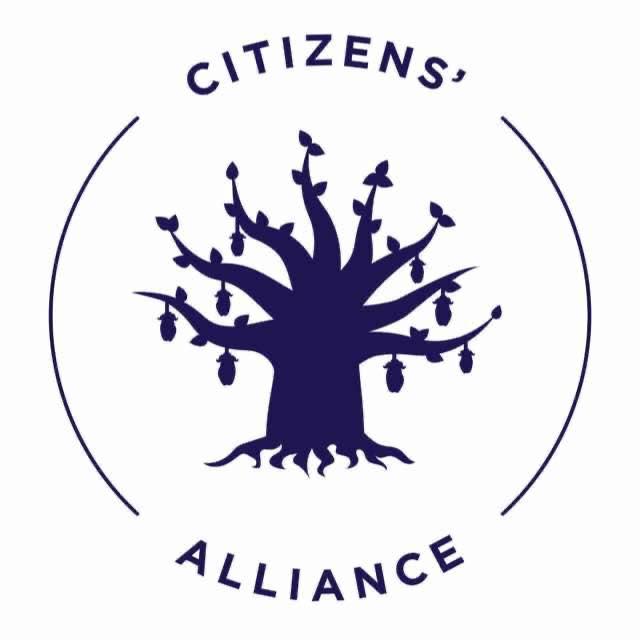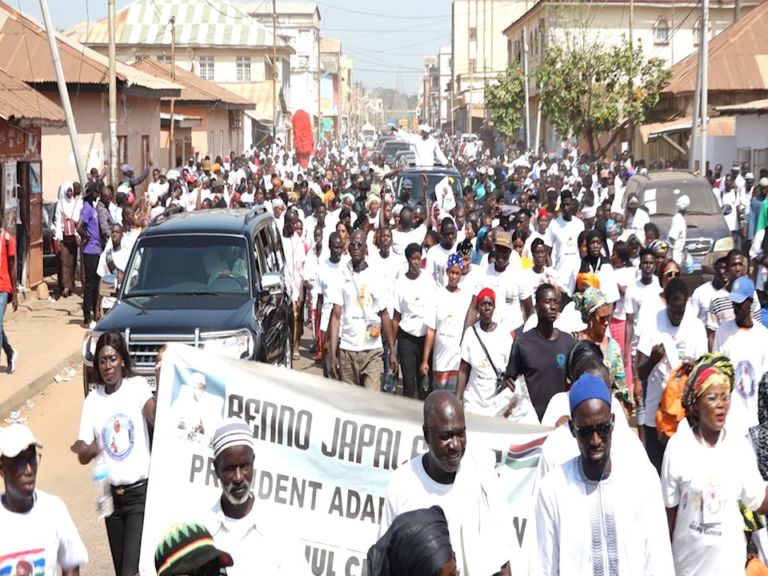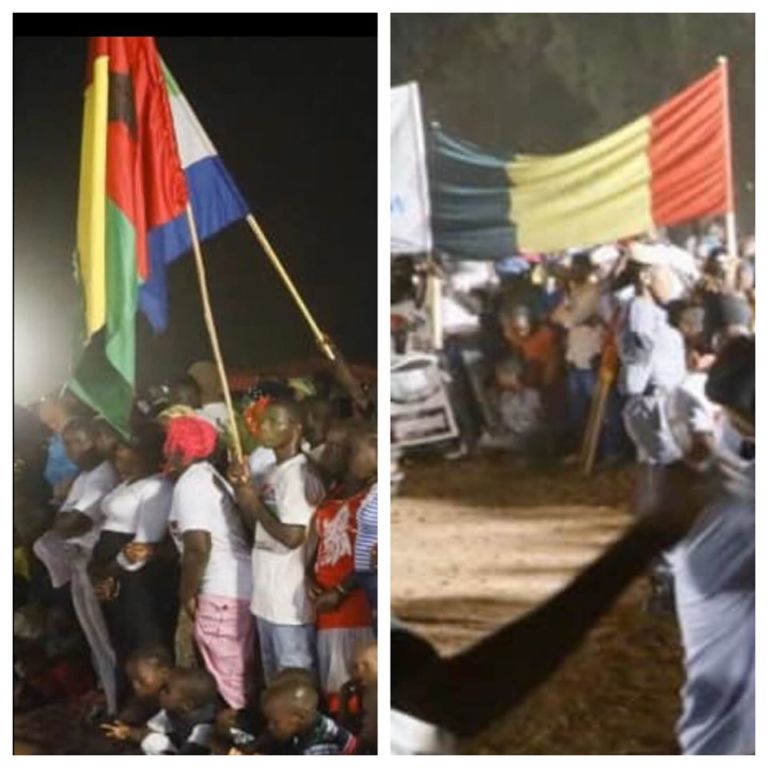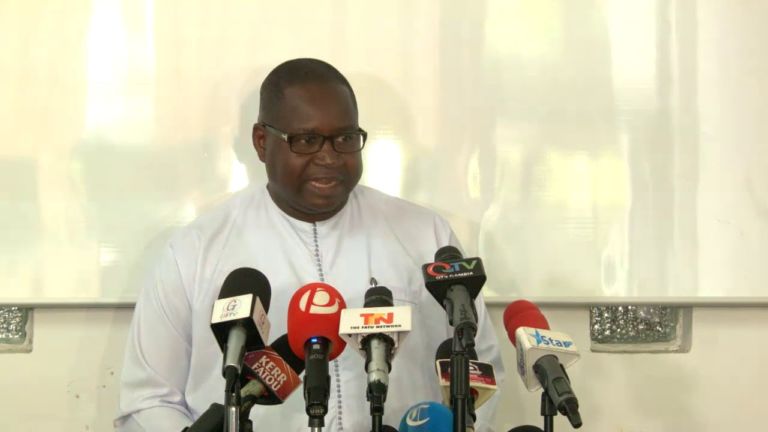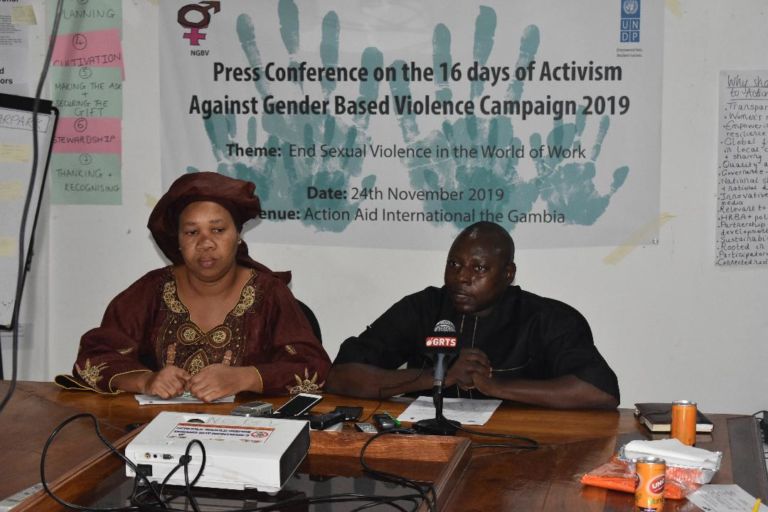On May 16, 2019, the Gambia’s public utilities regulatory body, PURA, announced the introduction of a new telecommunications sector levy earmarked for the development of sports. This, set to come into effect a month later in June, came on the backdrop of Cabinet’s approval of the scheme and it is hoped that it would finally close the gap on Gambia’s acute sports funding deficiency.
For a start, the Authority stated that the new levy is charged as follows: a) US $ 0.02 (two cents) per minute on all international incoming calls into the country; b) D 0.50 (fifty bututs) per minute on all local calls or charge a levy of 1% on airtime purchase. However, what the Authority failed to state is how the supervision and implementation would be done as well as the disbursement and the custodians of the funds. It also failed to state the targeted annual income from the scheme. I’ve heard in the recent past that the Ministry of Finance is fighting strenuously to be the custodians of those funds, though I can’t confirm this hypothesis. But if that is the case, it would beg one to ask the rhetorical question, is our government truly serious about sports funding.
That notwithstanding, it is indeed a welcome development since the obsolete Sports Development Fund has failed to make much impact as the Ministry of Youth and Sports, the body charged with the responsibility of collecting those funds, was faced with serious bottlenecks in gathering up the funds from the public corporations tasked to make such contributions. While attending a module on Sport Organisation and Governance, this week, taught by Professor Borja Garcia (for the Dream Together Master students at the Seoul National University), a distinguished Spanish lecturer from the Loughborough University, England, I was able to link a hypothetical situation to the recent release of the zero draft constitution of The Gambia. It has failed to include any national policy on sports funding and development; thus my motivation for this article. This is another confirmation of my country’s lack of strategy and interest in developing the sector, which is either linked to the lack of the wherewithal to see the importance of sports education and promotion in every facet of national development or a deliberate attempt to ignore a very critical sector that has the potential of being the largest job creation sector in a country that has limited natural resources to boost of.
I link this article to the release of the draft constitution because having read extensively, of recent, and attended international conferences on sport development coupled with my day-to-day job of sports management back home, it has left no iota of doubt in my mind that if given the proper commitment and funding, sports, not only football, will definitely solve most of our current problems we are faced with as a nation, including the increasing youth unemployment and the menace of irregular migration. There are practical examples of few countries where The Gambia can emulate and legislate sport development to give the authorities concerned the legal basis to ensure sport development is enshrined in our national policies.
I’ll come to that later but before going further, I want Gambians to see and understand sport beyond the context of just physical exercise and realise that its value to our central, local governments and communities far extends beyond sport for sport’s sake. There is a considerable amount of theoretical and academic evidence that sport play a critical role in delivering substantial benefits to local communities, individuals and countries, including rapid economic growth and a significant decrease in health care delivery. Sport can help increase economic prosperity, provide employment opportunities and contribute towards raising aspirations and increasing skill levels.
A recent study by Sports England concluded that sports activities and events, sports facilities, sports volunteering, sports leadership, sports training and sport employment schemes all help develop the knowledge, skills and productivity of individuals and communities and create strong and vibrant neighbourhoods and cities where people want to live and businesses invest. Here I’m talking about sport in its widest context, going far beyond a regular daily workout routine, hitting the gym for weight loss and practice it for fun and leisure. At a time when there is an increasing spate of untimely deaths in The Gambia linked mainly to childbirth and unexplained circumstances, as well as metabolic diseases among young people, who are the crème la crème of our country and the increasing difficulty of accessing basic healthcare for the average Gambian, the time couldn’t be better for a legislation on sport development.
According to studies, there is strong evidence of the health and physical fitness benefits of sport; for example, the link between physical inactivity and obesity and the role of physical activity in reducing the risk of cardiovascular heart disease. Doctors have also confirmed that regular physical activity can reduce the risk of many chronic conditions, including coronary heart disease, stroke, type 2 diabetes and increase mental health and well-being. Thus, moving someone from inactivity into just doing something is where the greatest public health benefits can be gained. “If physical activity was a drug, it would be regarded as a miracle, so everyone must take it seriously,” Professor Dame Sally Davies, the United Kingdom’s Chief Medical Officer (CMO) for England and Chief Medical Adviser to the UK government from March 2011 to September 2019 told Sports England.
A significant proportion of the £39 billion sport contributes to the UK’s gross domestic product (GDP) comes from grassroots sport: the millions of people who buy trainers, bikes, gym memberships or pay match fees. The government’s investment of £10 million in the Tour de France Grand Départ in 2014 helped unlock a £125m contribution to GDP, so the UK’s economic success is bound up with our sporting engagement, and vice versa (Sports England, Accessed-2019).
Three-quarters of the Gambia’s population depends on agriculture for its livelihood and in the country’s economic overview for 2019, it was found that agriculture provides for about one-third of GDP, making The Gambia largely reliant on sufficient rainfall. However, the agricultural sector has untapped potential – less than half of arable land is cultivated and agricultural productivity is low (Theodor, 2019). We have seen situations where insufficient rainfall, which is a consequence of nature, has seriously affected farming seasons in the country and this coupled with the failure to embrace modern technology in farming, it is safe to say that even though the sector would continue to play a pivotal role in the livelihood of many Gambians, the country’s hopes of food self-sufficiency is still farfetched.
However, there are considerable amount of evidence that on the direct impact of the sport sector on the economy of many countries across the globe in terms of job creation and more evidence on the indirect impact of participation in sport and physical activity on the economy which would contribute to reduced healthcare costs due to a healthier population, economic value on crime reduction, improved employability, sport tourism, increased economic activity creating jobs, tourism, construction, events, and volunteering, and increasing productivity of a workforce.
Suggestions
The Gambia Football Federation (GFF) is set to launch its first ever professional football league for the 2020/21 season with membership opened to any club, whether old or new, that meets the set criteria to be considered a professionally run sport organisation. The professional league would be catapulted to become the highest echelon of Gambian football (that in itself is an opportunity for those calling on the Super Nawettan–community football- to be transformed as league clubs to capitalise on). Now imagine a situation where clubs in the professional league and the top two divisions of our football country meet the criteria to become professional. Under the current format, 30 clubs participate in those two divisions and let’s say another 10 is to participate in the top flight, that would increase the number to 40. With each team obliged to register a maximum 30 players every season, when you do the arithmetic it would give you a total number of 1200. There is still the big matter of the regional third divisions in each of the seven administrative regions that are the basis of our grassroots football. If the seven regions combined produce 70 teams (an average of 10 teams per region) in a semiprofessional set up that can still guarantee a minimum monthly wage of D5,000:00, that would guarantee decent employment for another 2100, making it a combined total of 3,300 youth assured of annual employment.
Exciting right! Well it isn’t farfetched and indeed achievable but only with the right policies and serious commitment devoid of mere lip service. This would bring me to my first case study of Guatemala where it is embedded in its constitution government’s commitment to sports development in its annual budget. Chapter 6, Article 91 of the Guatemala Constitution reads: Budgetary Allocation for Sports; It is the duty of the State to encourage and promote physical education and [the practice of] sports. To that effect, a specific allocation no smaller than three percent of the General Budget of Ordinary Revenues of the State will be set. From such allocation, fifty percent will be destined to the federated sports sector through its administrative organs, in the form established by [the] law; twenty-five percent to physical education, recreation, and school sports; and twenty-five percent to non-federated sports (Guatemala Constitution -1985).
The Finance Minister last week laid before Legislators the draft budget for 2020 with the Ministry of Youth and Sports allocated an estimated D114,397,000:00 of the D30,000,000,000:00s, representing 0.4% of the total government expenditure. Of course budgets are based on programmes submitted by the various government agencies but even at that, what is that amount allocated to MOYS with its seven satellite agencies? In my opinion, that allocation isn’t enough for the day to day running of the Ministry’s activities for the year let alone having to share that with more than two dozen National Sport associations (NSA), thus putting a serious financial strain on them. Therefore, I’d suggest that in future that amount be increased and also a legislation be put in place to at least ensure that 2% of the annual national budget is allocated for sports development. Imagine that amount equivalent to D600,000,000:00 in the next budget where 50% is given to the federated sport organisations to run their programmes; 25% spent on developing sports infrastructure across the country and the remaining 25% given to school sports.
This would ensure more participation in sports and in the earlier example where football alone would guarantee more than 3000 employments for our youth which is different from other job opportunities like coaches, trainers, physiotherapists, doctors, sport psychologists, administrators and paid volunteers, your guest is as good as mine how much the entire sport sector can employ. In the context of school sports, the International Journal of Physical Education, Sport and Health state the following: Sports have a positive spin off on the vibrancy of a nation. It is a powerful media to educate the youth on the right lines in channeling their potentialities. It provides a platform for nurturing a spirit of national integration, crossing boundaries of language, tradition and region of the country. The participation in sports and physical education activities for good health a high degree of physical fitness increases an individual’s productivity. It promotes social harmony and discipline. So for all these aspects, the role of sports and physical education is a nation building in these competitive era (Kheljournal-2018). Once this is done, physical education should be made mandatory at all schools within the country not only in the theoretical aspect but in practice as well. The current format of two 35 minutes’ period per week isn’t sufficient, considering the fact that the guidelines from the Department of Health and Human Services say that children and adolescents age 6 and older need at least an hour a day of physical activity or in the case of adults, at least 150–300 minutes per week of moderate-intensity, 75–150 minutes per week of vigorous-intensity. At a time when our children are lacking inspirational role models, this would go a long way in molding them to become productive and responsible citizens and there is the potential of many turning professional which can earn them millions of dollars in signing on fees and weekly wages alone. The remittances from those that were able to make the cut to play in top sports across bigger leagues also has the potential to impact positively on the economic growth of the country.
However, all this cannot be achieved without proper infrastructure. Adequate infrastructure is the lifeblood to ensuring meaningful development in any form of sport and after more than five decades of independence, our country boosting only one national stadium is indeed heart-wrenching. To think that it was built nearly four decades ago as a multipurpose sport complex with only the football ground in a state to hosting an internationally approved competition is even more exasperating considering the valuable unlimited national resources that the previous and present government are spending on unnecessary ventures. To borrow a quote from economist Momodou Sabally, it indeed tantamount to pampering the executive for political patronage at the expense of the poor tax payer.
Just imagine Gambia; 25% percent of D30billion is D150,000,000:00. If that amount alone is spent on sport infrastructural development annually, within few years, every region would have the facilities ready to ensure increased participation in sport and hosting of mega international sport events. The hosting of international sport events would contribute meaningfully to our economic growth through trade & commerce, tourism, national pride and social integration, especially for a politically divided nation like The Gambia. Where politics has failed in giving Gambia a serious standing in the international stage, sport has the potential to do that within few months. If you doubt wait until the Scorpions secure qualification to the 2021 AFCON or better still the recent memories of Gina Bass’ exploits at the All Africa Games and World Athletics Championship in Qatar. But for all her exploits and raising the Gambia’s flag to higher heights, it would beat one’s imagination to think that she has a monthly wages of USD100.
Local councils should also ensure they build public parks and recreational facilities in their communities because this would provide opportunities for active living and recreation in a safe, inclusive environment. It would also contribute to creating a positive atmosphere, thus making these facilities essential to personal health and wellness, thereby reducing reliance on healthcare and other costly social services. This in turn will boosts the local economy and can also help contribute to overall economic development.
Conclusion
Cognizant of the foregoing, it is my recommendation that for a start, the new constitution should include the establishment of a National Sport Commission that would amongst other things advise the Minister of Sport in changing and formulating sport policies and strategies where necessary; ensure guidance and leadership on sport promotion and development; at the level of governance to help and assist the NSAs in ensuring that their procedures and policies meet highly required standards; participate in sport education programmes and be responsible for developing new mechanisms (business ventures) that would generate further funds for sustainable sport development and promotion like the Korean Sports Promotion Foundation (KSPO – please I recommend all to read about it); as well as to encourage private sector participation in sport development and to promote the national brand and symbols through sport.
I found this model from the Botswana National Sport Commission valuable to share with my readership: To promote sport tourism; facilitate elite sport development and participation in international Competitions in collaboration with Botswana National Olympic Committee; ensure structured talent identification and nurturing of athletes; ensure compliance with set ethics and standards, conventions and protocols; and set performance targets and design programmes aimed at facilitating to continued growth and development of sport (Botswana National Sports Commission Act).
This Commission should also engage government and ensure they abolish the current tax system for federated national sport organisations and ensure they are being exempted from all types of taxes and assessments. Our NSAs are heavily dependent on the financial patronage of their International Federations (Ifs) and the monies they are receiving from them are donor funds meant purely for sport development in The Gambia and not for profit making venture. However, unlike other donor funds in most sectors, the government’s imposition of the 10% percent withholding tax system on those funds of sport organisations like the GFF is having a serious financial strain on these associations because when their suppliers render services to them, they would bill them with the actual market value and its equivalent 10% on that amount as withholding tax, thus making national federations lose valuable resources that can be put into the other aspects of sports development.
Notwithstanding, such huge volume of investment in sport would require good governance principles like TRANSPARENCY, DEMOCRACY, ACCOUNTABILITY, AUTONOMY AND SOCIAL RESPONSIBILITY to ensure that every butut of public fund is accounted for with consequences for any mismanagement. However, we should also be mindful that this shouldn’t include executive overreach aimed at poaching perceived enemies and rivals as has been recently seen in our sport (NSC vs GFF -2017 is a classic example). We need laws that must always put the interest of the country at first but shouldn’t also infringe on the rights of the NSAs and threaten the IFs noninterference on sport administration because you don’t want to have a politician who would want to be remembered for costing us participation at international championships like the Olympics, World Cups, African Cups amongst others.
Mr. Baboucarr Camara
Director of Marketing & Communications, GFF
Master Degree Candidate of Global Sport Management
Seoul National University, South Korea

